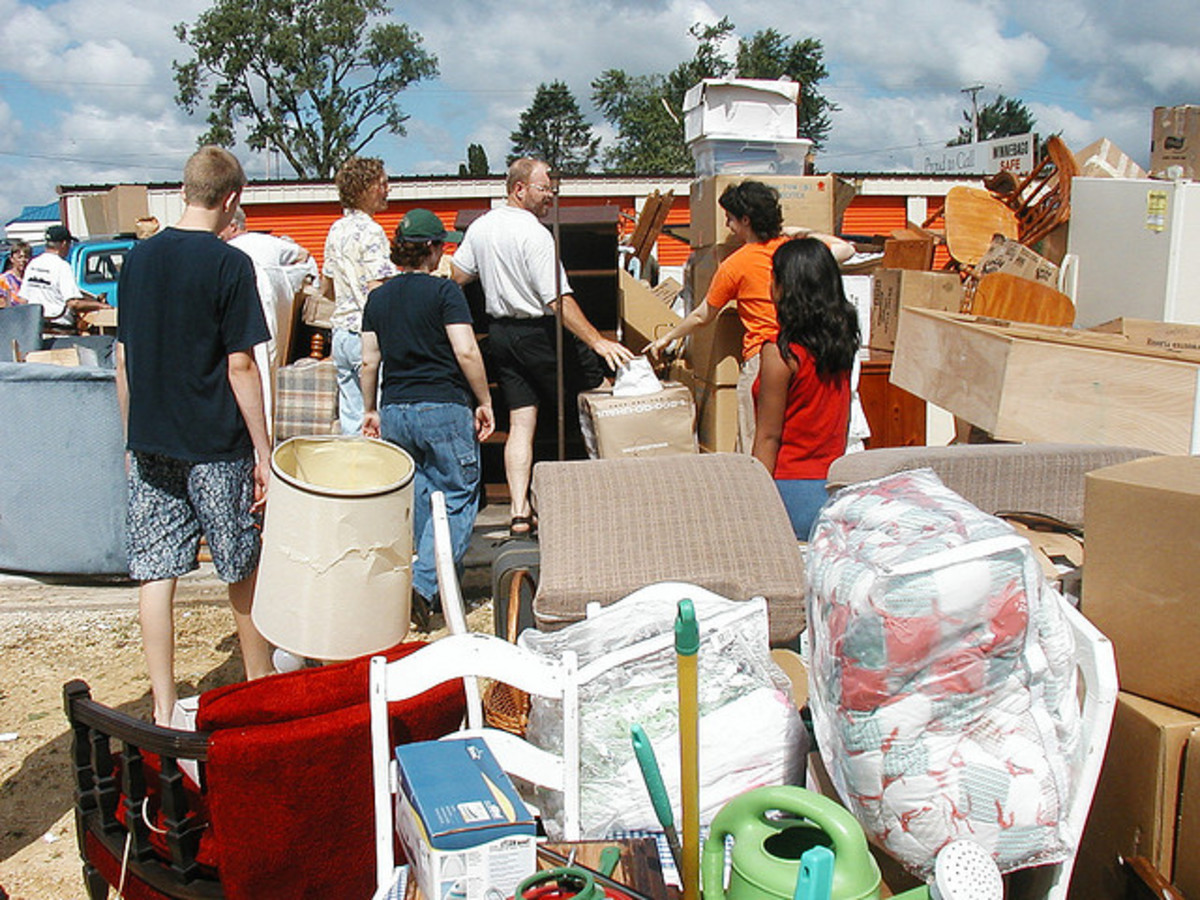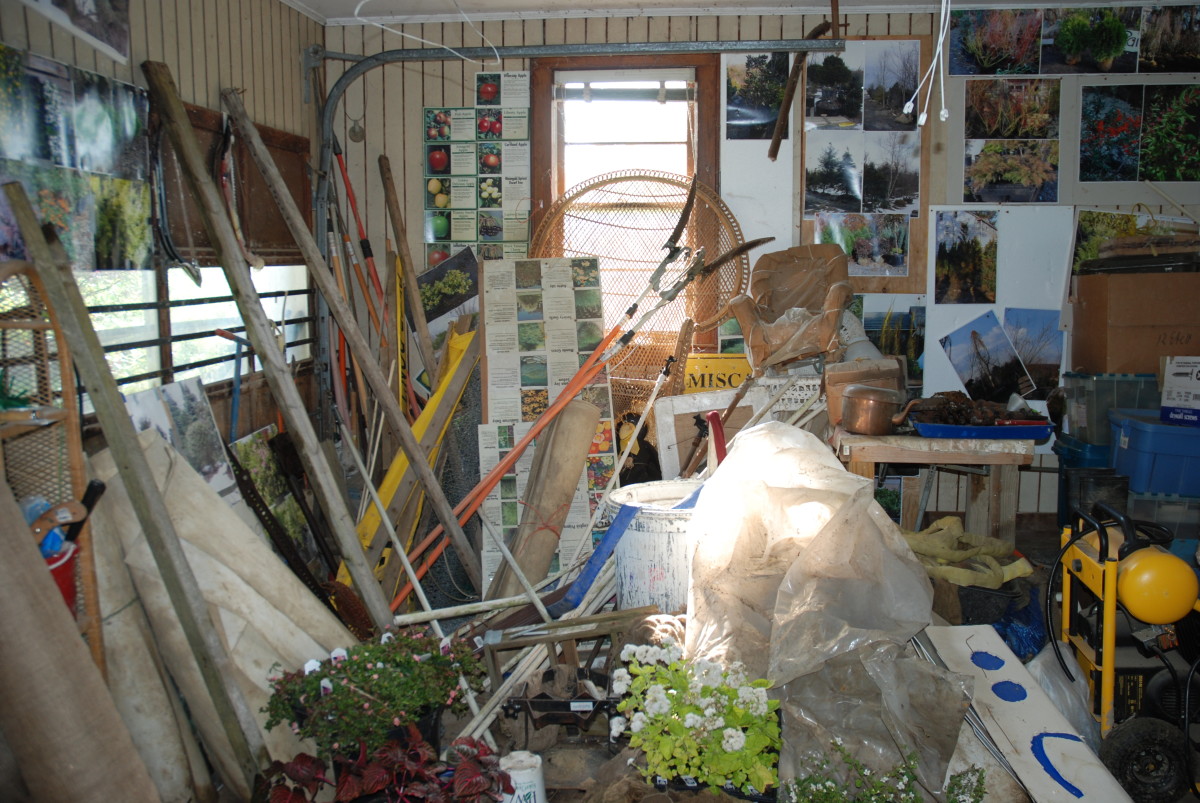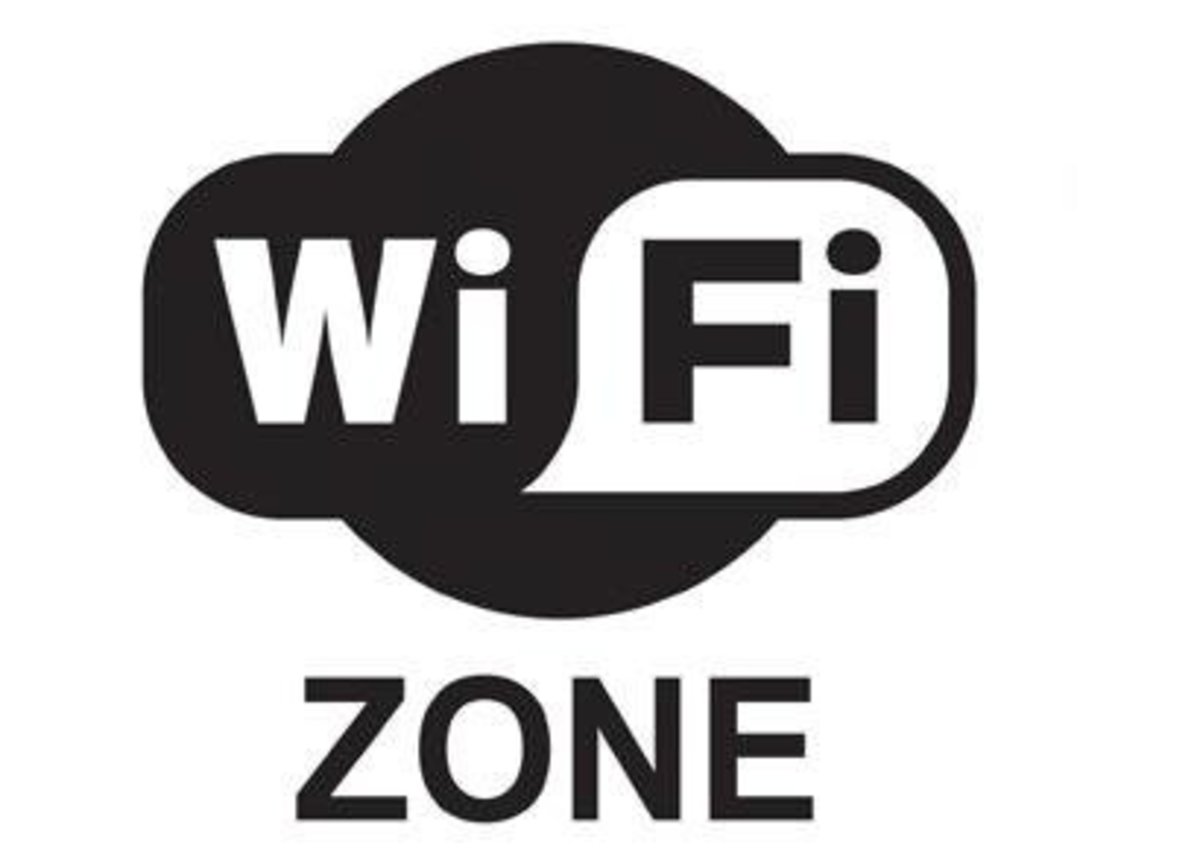Auction Hunters Guide: Knowing What to Look for in a Public Storage Auction So You Can Maximize Your Profit

One of the key things to making profit (and not losing money) from storage auctions is knowing what to look for when you are auction hunting. Some look for antiques, some look for furniture and some look for high-dollar electronics. No matter what you are looking for though, it helps to know how to spot the good stuff.
Having knowledge of any particular area is always a good thing too, but you don't necessarily need to be an expert to get a good unit. This is assuming that you follow some general auction hunting guidelines.
Keeping in mind that larger, high-dollar items and antiques will turn profit quicker than bags, clothes, etc, here are the main things you should look out for while auction hunting:
Tip
If someone has taken the time to pay for a unit over any long period of time, then it is very likely that the contents are valuable (or sentimental in the least).
1. Date the contents
One thing that you always want to check for with units, is the age of the contents. You should ask yourself these questions:
Is it newer stuff or does there appear to be older stuff in the unit?
Has it been here awhile?
Is it fresh or recently stored?
Is there dust or cobwebs present?
With newer stuff, you are likely to find high-dollar electronics or other new technology items that could be worth some money. With older stuff, you may find antiques that can bring big dollars. Get to know your ages and the difference between new and old stuff so that you can tell just by looking at it whether it is from the 16th century, or the 20th century.
2. Rate the quality of care
A well-kept unit will have neatly packed boxes, plastic wrap or blankets covering furniture. When you see this, it's a good sign because it means that the owner took the time to take good care of their stuff.
If the unit is messy, you see broken items or dirty items, this could be a bad sign. However, there is still the possibility to find some good stuff in a dirty unit, its just rare.
3. Check for bulk and baggage
Does the unit have allot of larger items such as furniture, machines, etc, or is there more boxes and bags?
If the items are larger, you will have to judge based on those items alone how much you are going to bid. Smaller stuff means that there is more chance to find jewelry, money and other small valuables. At the same time, you may wind up with a ton of clothes if there are allot of boxes present. (Remember that clothes do not usually turn profit as quickly)
4. Make sure you can handle it
You do not want to bid on a unit that you cannot clear. If you do not have a truck, do not attempt to bid on a unit with a washer, dryer or other large item that you cannot move. I once found a 10 foot basketball hoop with solid concrete blocks a foot thick and 4 feet across attached to it and had to pay $50 to clear it, so I lost money.
Tip
Always remember to go with your gut instinct, 99.9 percent of the time, you will be right. When in doubt, leave it alone!
5. Spot the names
Always try to read names on boxes, packages, etc, if you can. Being able to recognize top dollar items by their names can earn you some big bucks as well.
You can also use this as a way to tell what kind of stuff is in the unit. For example, if you see boxes labeled, "Kids room" or "Workroom" or perhaps "Office" then you can get a general idea of what kind of stuff might be in the unit.








